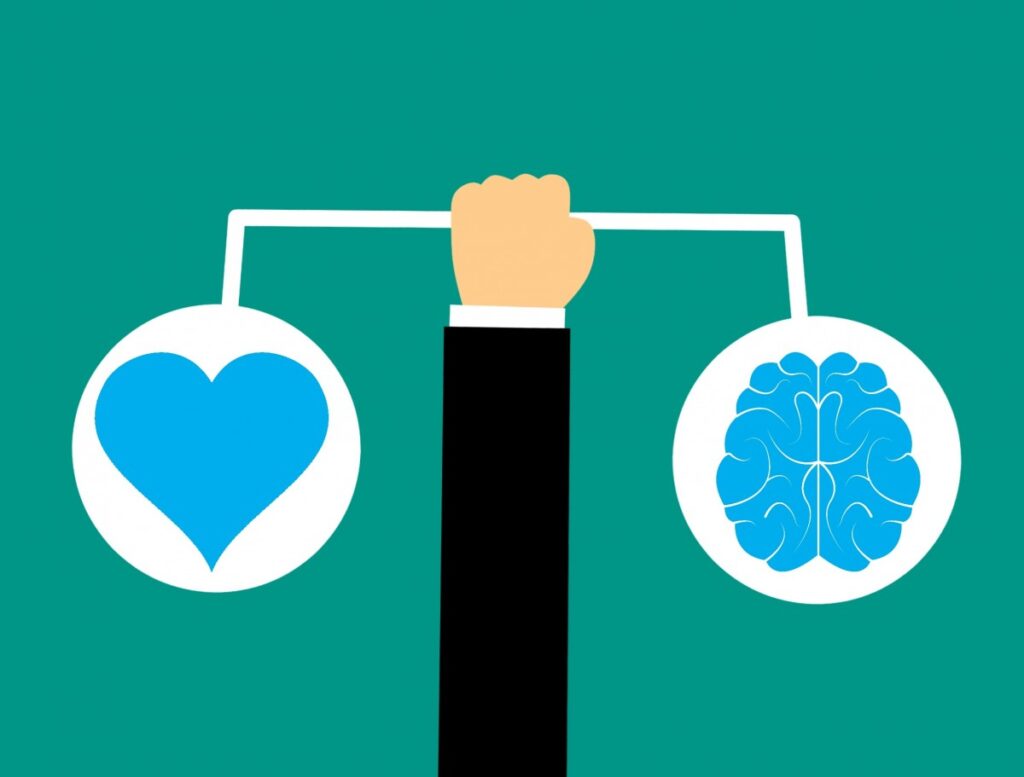Emotional Intelligence: Nurturing Success through Self-Awareness – In a world driven by constant change and interaction, the significance of emotional intelligence cannot be overstated. Emotional intelligence, often abbreviated as EQ, is the ability to understand and manage one’s emotions effectively while also being attuned to the emotions of others. In this article, we will delve into the components of emotional intelligence, its scientific underpinnings, and the myriad ways it impacts personal and professional lives.

Components of Emotional Intelligence
Emotional intelligence is multifaceted, comprising several key components. The first is Self-Awareness, the foundation upon which emotional intelligence is built. Understanding one’s emotions is crucial for effective self-regulation, the second component. Motivation is the driving force that propels individuals towards their goals, while Empathy and Social Skills form the interpersonal aspects of emotional intelligence.
The Science Behind Emotional Intelligence
Exploring the neural intricacies of emotional intelligence reveals the involvement of specific brain regions. Additionally, the concept of neuroplasticity suggests that emotional intelligence can be cultivated and strengthened throughout one’s life.
Benefits of Developing Emotional Intelligence
The advantages of honing emotional intelligence are extensive. Improved relationships, enhanced leadership skills, and stress reduction are among the many benefits that individuals experience as they develop their emotional intelligence.
How to Enhance Emotional Intelligence
Developing emotional intelligence involves intentional efforts. Practices such as self-reflection, mindfulness, and seeking feedback contribute significantly to the cultivation of this essential skill set.
Emotional Intelligence in the Workplace
The impact of emotional intelligence on team dynamics and leadership is profound. Real-world success stories exemplify the transformative power of emotional intelligence in professional settings.
Emotional Intelligence and Decision Making
This section explores how emotional intelligence influences rational decision-making processes, featuring case studies that illustrate its practical implications.
Emotional Intelligence in Education
As education evolves, integrating emotional intelligence into curricula has become crucial. Positive outcomes for students extend beyond academic achievement to encompass overall well-being.
Cultural and Gender Differences in Emotional Intelligence
Recognizing and understanding cultural and gender differences in emotional intelligence is pivotal for promoting inclusivity and effective communication.
Challenges in Developing Emotional Intelligence
This section addresses common challenges individuals face in developing emotional intelligence, including societal expectations and cultural barriers.
Measuring Emotional Intelligence
An exploration of various assessments and tests used to measure emotional intelligence, along with criticisms and alternative perspectives on their effectiveness.
The Role of Emotional Intelligence in Mental Health
Examining the relationship between emotional intelligence and mental health, this section highlights coping mechanisms and preventive strategies against burnout.
Emotional Intelligence and Success Stories
Featuring notable personalities and real-life transformations, this section illustrates the profound impact of emotional intelligence on personal and professional success.
The Future of Emotional Intelligence
Looking ahead, we explore the integration of emotional intelligence in technology, as well as emerging trends in education and the corporate world.
Conclusion
In conclusion, emotional intelligence is not just a buzzword; it is a transformative skill that can nurture success on various fronts. Cultivating emotional intelligence is an ongoing journey, but its rewards in terms of enhanced relationships, leadership capabilities, and overall well-being are well worth the effort.
FAQs
- Can emotional intelligence be developed at any age?
- Yes, emotional intelligence can be developed at any age through intentional practices and self-reflection.
- How does emotional intelligence benefit workplace dynamics?
- Emotional intelligence fosters better communication, collaboration, and understanding among team members, leading to improved workplace dynamics.
- Are there cultural differences in the perception of emotional intelligence?
- Yes, cultural differences can influence the perception and expression of emotions, impacting how emotional intelligence is understood.
- Is there a correlation between emotional intelligence and mental health?
- Research suggests a positive correlation between high emotional intelligence and better mental health outcomes.
- What role does empathy play in emotional intelligence?
- Empathy is a crucial component of emotional intelligence, enabling individuals to understand and connect with the emotions of others.




